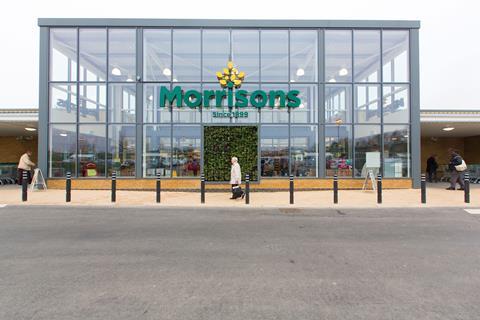
The American private equity firm Clayton Dubilier & Rice is working on another bid for Morrisons in a sign that the battle to buy the supermarket chain is far from over. (The Times £)
The prospect of a three-way bidding battle for Morrisons has receded after Apollo said it no longer planned to make an individual bid for the supermarket (The Telegraph). Investors hoping for a bidding war over Morrisons were left disappointed yesterday as a US private equity firm withdrew from the race and joined a rival (The Daily Mail). Apollo has pulled out of the bidding war for Wm Morrison and is instead negotiating whether to join a Fortress-led offer for the UK’s fourth-largest supermarket chain (The Financial Times £). Apollo Global Management said it is instead now in talks to join a consortium which has already agreed to take over the UK business in a £6.3bn deal (Sky News).
Nils Pratley in The Guardian writes: “the significance in Apollo’s move is probably that it chose to sidle up to Fortress & co rather than Clayton, Dubilier & Rice, the other private equity runner in the race. We don’t know if CD&R was open to having a partner, but the assumption must be that Apollo thinks the Fortress-led team will win.” (The Guardian)
The Mail’s Alex Brummer calls on any private equity takeover of Morrisons to be blocked. He writes: “The collusion of Fortress and Apollo in trying to take one of Britain’s Big Four supermarkets off the public markets makes the £6.3bn even more unpalatable… If the non-executives, headed by Rooney Anand, had an understanding of the public interest, they would have stopped chairman Andy Higginson and chief executive David Potts rushing headlong into a deal.” (The Daily Mail)
Simon Duke in The Times writes: “With the prospect of two competing bids, shareholders are in a strong position, but one that is scarcely merited. Morissons has sat unloved on the shelf for years… That it has taken private equity approaches to enliven the share price is an indictment of the London market.” (The Times £)
What Fever-Tree called a “curate’s egg” of a trading update yesterday revealed that revenues at the posh tonic maker had been better than expected, but that these had been more than offset by the impact of rising logistics costs on profit margins (The Times £). High-end mixers maker Fever-Tree has warned its margins will take a hit from a spike in global transport and warehousing costs, sending its shares down as much as 7% (The Financial Times £).
The FT’s Lex column writes: “Growth, though, came at the cost of soaring transport costs. The hit to margins sent shares 6% lower on Tuesday… Sea freight rates to the US, which have almost trebled since the start of the year, are largely responsible.” (The Financial Times £)
Online grocery sales by UK supermarkets have fallen for the first time on record as lockdown easing resulted in shoppers returning to physical stores and restaurants, bars, pubs and cafes were able to trade both indoors and outside (The Guardian). Online grocery sales have fallen for the first time as the nation returned to the High Street, offices, pubs and restaurants (The Daily Mail). Online grocery sales have fallen for the first time on record as consumers returned to shops, workplaces and restaurants, according to industry data (Sky News).
Government plans to tackle the UK’s chronic lorry driver shortage will take at least five months to take effect and will not address the threat of food shortages this summer, industry leaders have warned. (The Guardian)
Marks & Spencer has warned it is already cutting Christmas products in Northern Ireland due to concerns over forthcoming post-Brexit customs checks. (The BBC)
The UK’s hospitality industry is experiencing rising worker shortages, with job vacancies at their highest levels since records began. Industry bodies say one in five workers have left the sector during the coronavirus pandemic, with Covid and Brexit often cited as exacerbating the problem. (The BBC)
Israel’s prime minister has warned Unilever’s chief executive of “severe consequences” after its Ben & Jerry’s brand announced it would stop selling ice cream in the occupied Palestinian territories. (The Financial Times £)
Giles Thorne, head of European internet research at Jefferies, went the extra mile by decamping to an industrial estate in North Kensington to stake out a Getir dark store and analyse how many orders it takes. (The Times £)
The FT’s Lex column looks at the US float of Dole. “At first glance, Dole’s proposed initial public offering should go down as easily as one of its fruit salads. The company, fresh from a merger with Ireland’s Total Produce earlier this year, is one of the world’s top fruit and vegetable producers. Growth — although not explosive — is steady… Yet its plans to sell shares at an equity valuation of as much as $2.1bn may not be to everyone’s taste. Stiff competition, thin margins and high debt could make the offering less appetising.” (The Financial Times £)







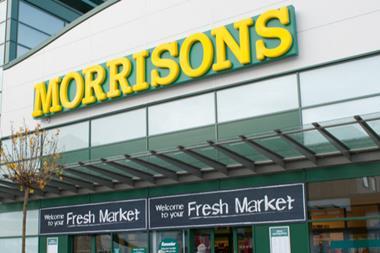
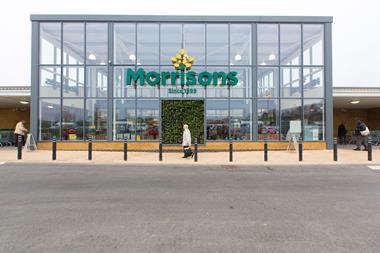
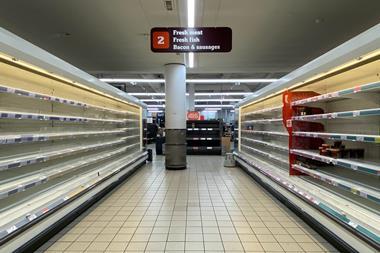
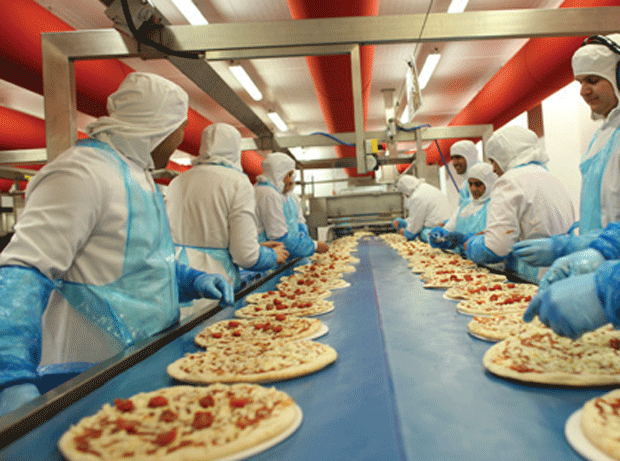
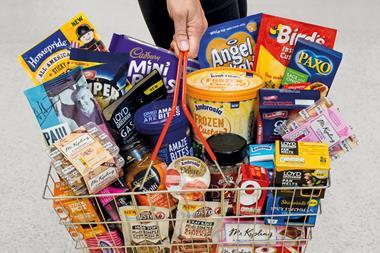
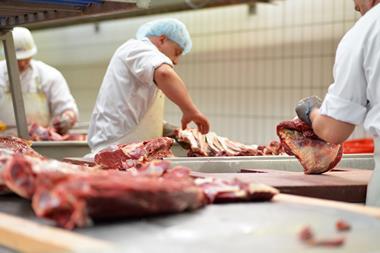





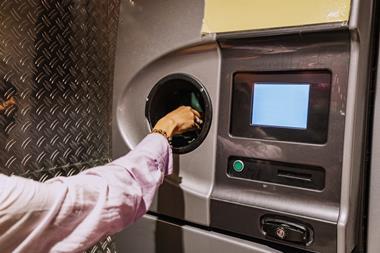
No comments yet